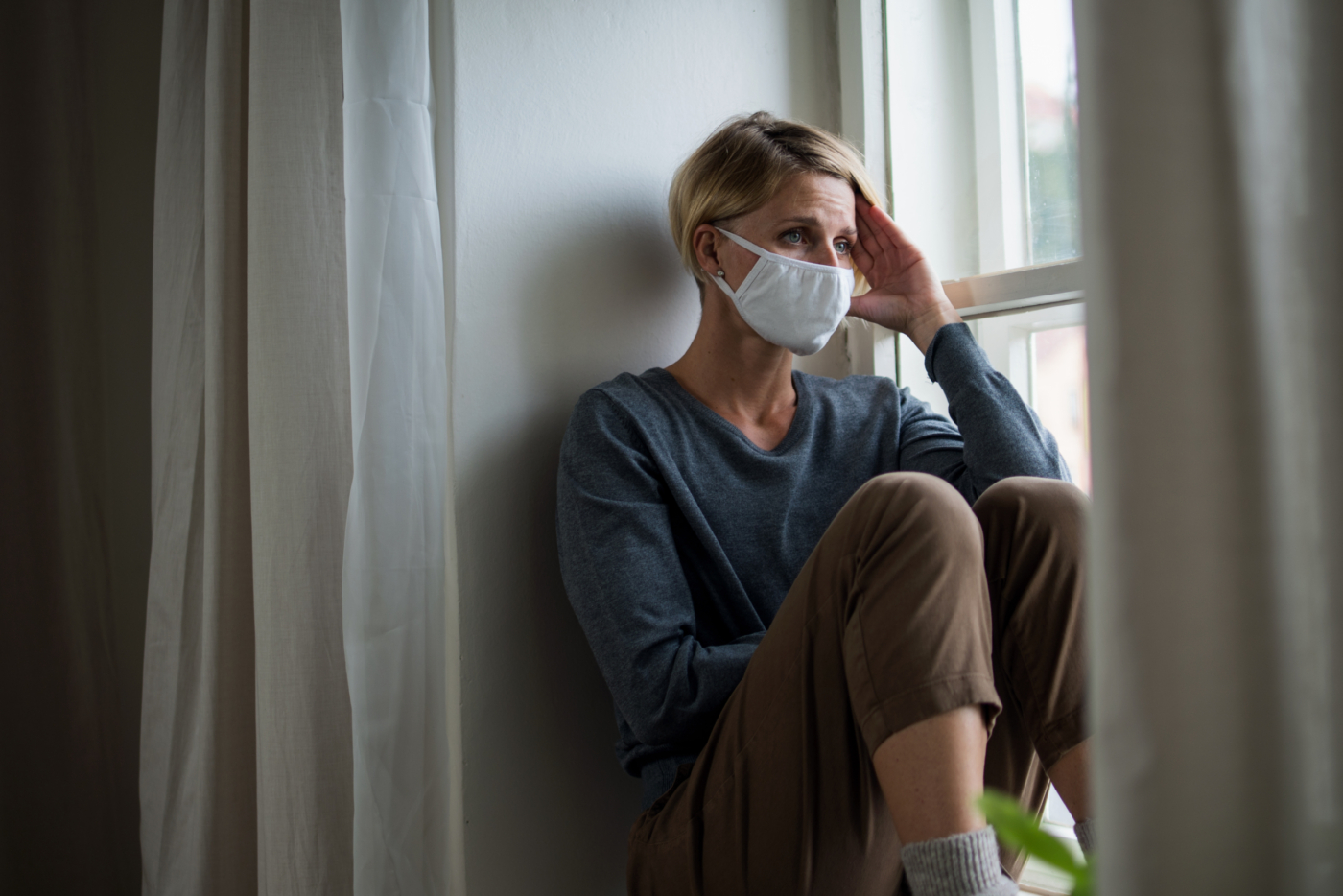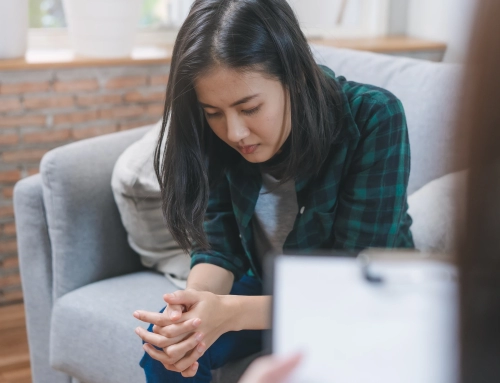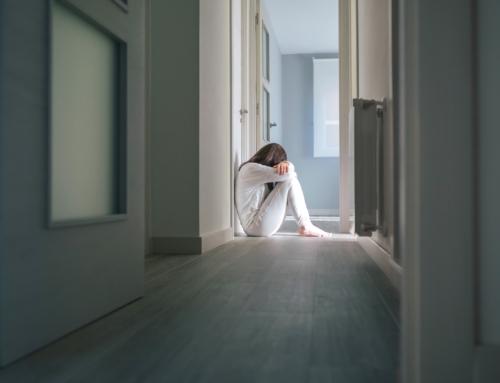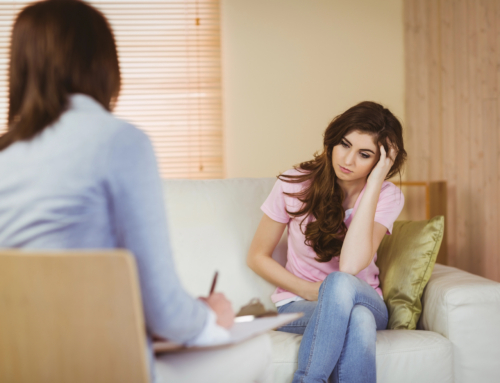As vaccination rates increase and we enter into stages of reopening from COVID-19 restrictions, there seems to be a light at the end of the tunnel. However, for many Canadians the thought of returning to some semblance of normalcy has produced symptoms of stress and anxiety.
When the pandemic first came about, in addition to feelings of fear and worry, many experienced a sense of grief as they lost a world they knew. As the pandemic continued and we experienced wave after wave, many felt “pandemic fatigue” where they became burnt out[DB1] from the subject and the restrictions. Now that we appear to be on the other side of the curve, it makes perfect sense that people are feeling worried about post pandemic life.
For over a year we have been in a lockdown, and just when we were adjusting to a new normal with some predictability, everything is slated to change all over again. This change may include, returning to meetings in person, driving to work, going out for dinner with friends or going to the grocery store. Any change, whether it be deemed positive, or negative is likely to bring about some level of anxiety. However, as we construct our “new normal,” the associated symptoms will likely dissipate over time as we get used to it.
We have also been told to engage in precautionary measures such as isolating and distancing ourselves from people. This has essentially taught us that everyone and everything outside of our bubble is potentially a danger. Now with the easing of restrictions there will be some trepidation about risk of transmission and adherence to safety precautions. As a result, some may become overly cautious and experience a reluctance to leave their homes and engage socially.
The restrictions that were placed upon us were not favorable and were unnatural for many, but human beings are highly adaptive and resilient and learn to live in conditions that they are in. It may be a while before we know the full impact of COVID-19 on our mental health, preliminary data indicates that many Canadians are reporting higher levels of psychological distress. Although the vast majority will transition into post pandemic life successfully, there is a significant minority that will feel the psychological impact of the pandemic long after the restrictions are lifted.
While the pandemic has been a global event that has had an unimaginable impact on everyone’s life, not everyone has had the same pandemic experience. In some cases, the pandemic has been a source of trauma. Traumatic events can negatively impact our core beliefs about ourselves, others and the world around us. However, trauma can also push us in a different direction. Post traumatic growth theory suggests people can emerge from trauma or adversity stronger and having achieved personal growth.
Below are some guidelines and principles to help successfully process and gradually move forward from the pandemic:
- Continue to follow public health guidelines
Although safety cannot be guaranteed, if your local public health officials have provided the guidelines, use them. Try to let your internal feelings of fear of anxiety to tell you what should or should not do.
- Go at your own pace
As restrictions are lifted you may be inclined to become hypersociable or withdraw. Take it slow and ease yourself into activities.
- Focus on what you can control
Feelings of anxiety often arise from uncertainty and not having control. Try to focus on what is in your control about a stressful situation.
- Accept your feelings
Try not to judge yourself for the way you are feeling, these have been unprecedented times
- Create a list of activities you are excited to do again
Shift your thinking from post pandemic anxiety, to what you are excited about. Whether it be going out for dinner with friends, travelling abroad or getting your nails done, write it down can create a sense of optimism.
- Work toward accepting the differences in your life as a result of the pandemic
Aspects of your life, employment, relationships, physical appearance may be different as a result of the pandemic. However, when you are able to accept this reality, you are more likely able to move forward from it.
- Stay in the know, but disconnect when you need to
It is important to stay informed, but just as important to unplug. Ensure you are receiving facts from reputable sources and not believing everything you read or hear.
- Celebrate your successes
As you navigate the post pandemic world, take notice of your ability to cope and acknowledge it.
- Reach out for help when you need to
Whether it be talking to a friend, family member, support group, crisis line, counsellor, or family doctor, know that you are not alone!
For some Canadians, however, the mental health effects of the pandemic will not improve without clinical help. If you have:
- a history of mental health prior to the pandemic and found your mental health or addiction issues worsened due to the pandemic.
- lost someone to COVID-19 and are in a state of bereavement or depression.
- been infected and hospitalized with COVID-19.
- worked on the front line during the pandemic
- other situational stressors as a result of the pandemic (job loss, relationship/family breakdown etc.) and are struggling to cope
Great Lakes Counselling & Consultation Services is available to support you and has regulated and competent professionals that offer flexible appointments. To learn more about our counselling services and book an appointment virtually or in person please contact us.







